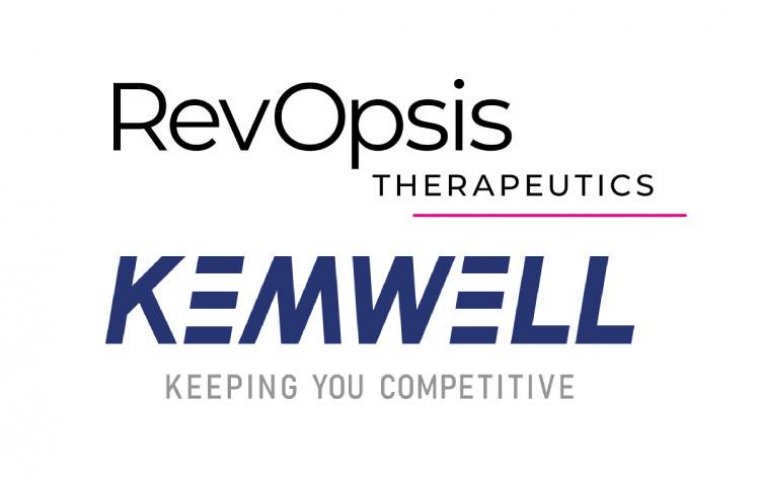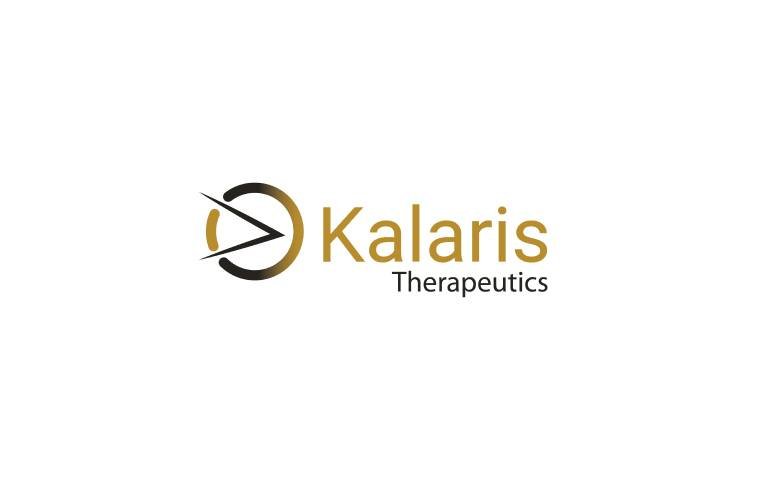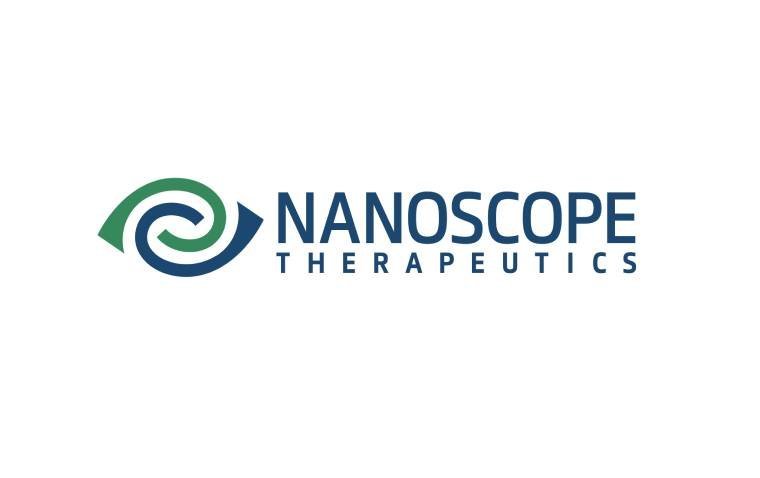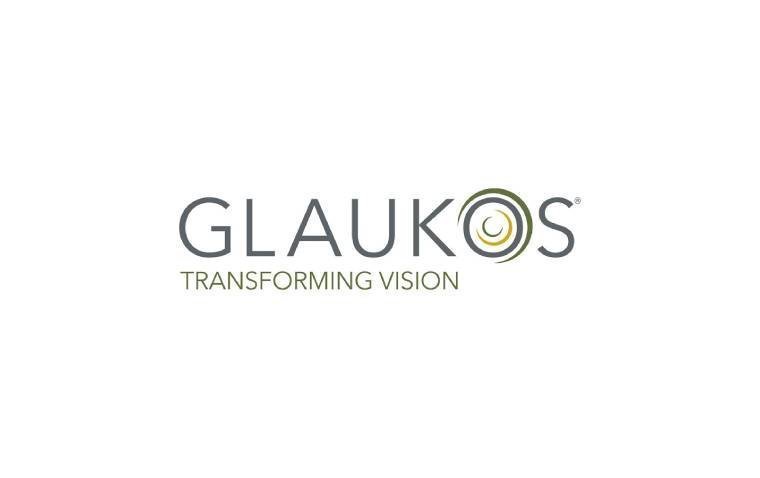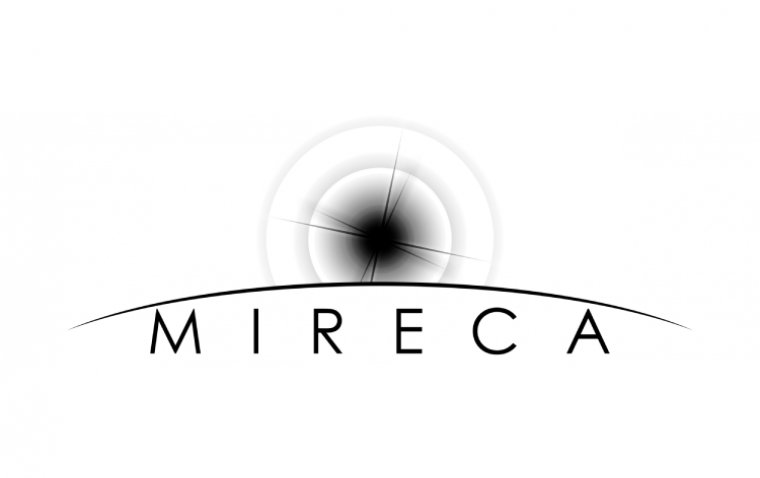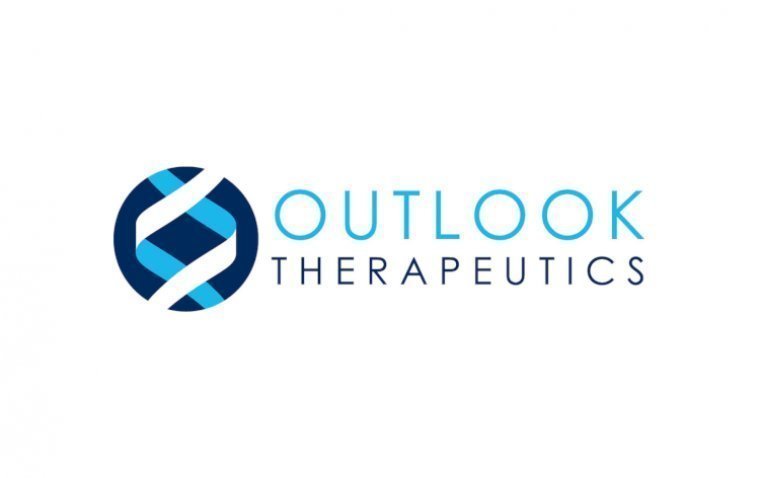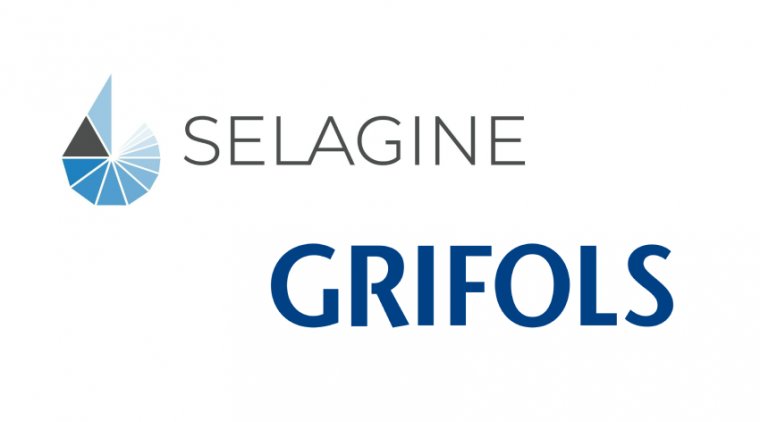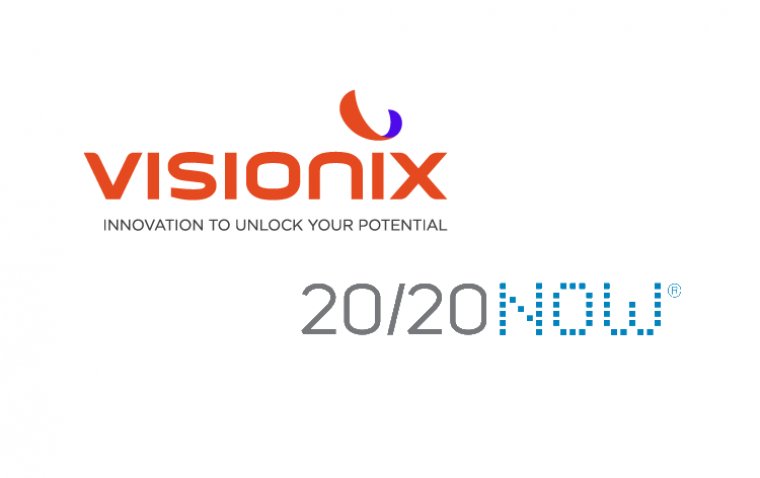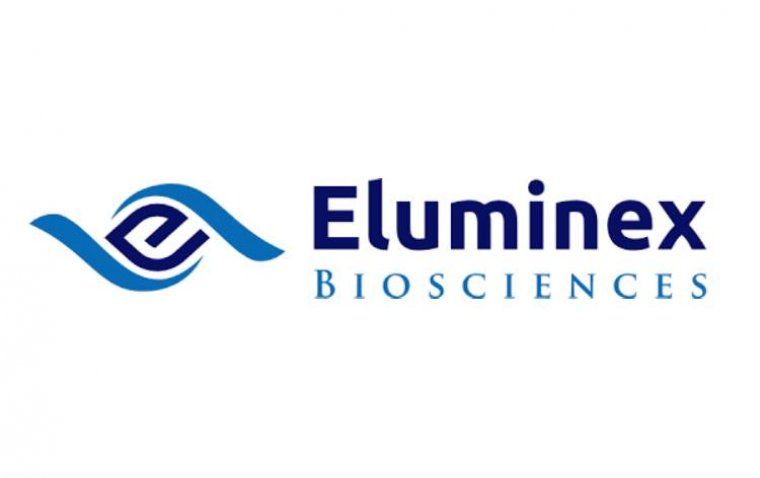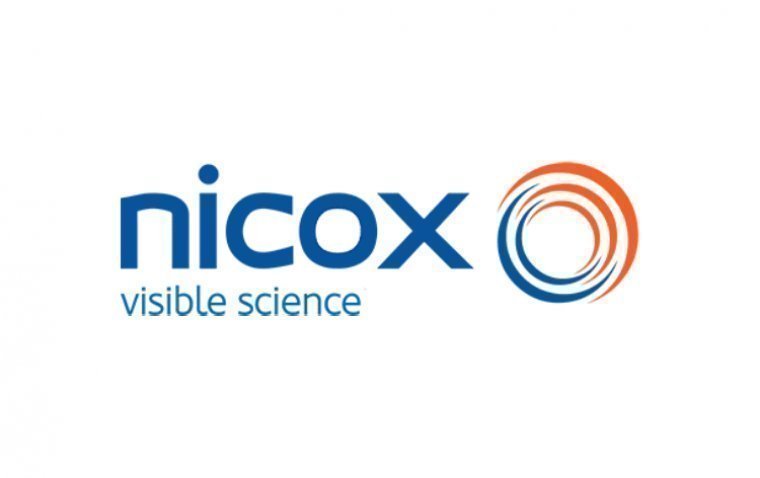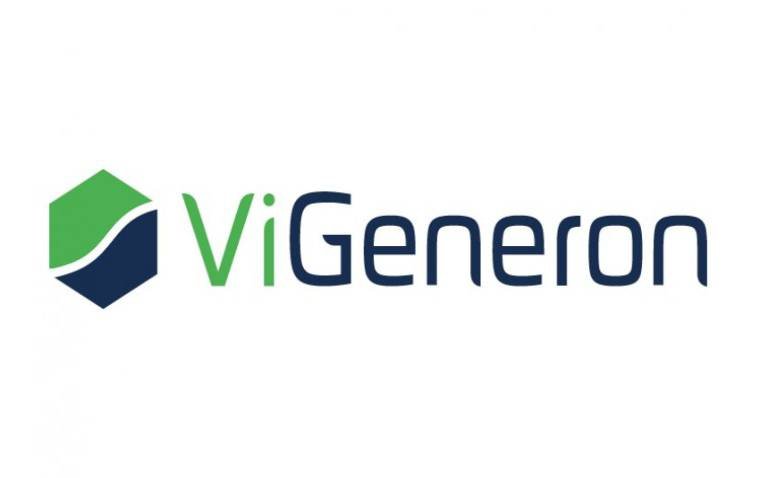
FDA Clears ViGeneron’s IND for VG801 Gene Therapy to Treat Stargardt Disease and ABCA4-Linked Retinal Dystrophies
The U.S. Food and Drug Administration (FDA) has cleared the investigational new drug (IND) application for VG801, ViGeneron’s novel gene therapy candidate designed to treat Stargardt disease and other retinal dystrophies caused by mutations in the ABCA4 gene. This marks a significant step forward in the development of innovative therapies for these rare and challenging conditions.
About VG801: A Next-Generation Gene Therapy
VG801 leverages ViGeneron’s proprietary REVeRT (REconstitution Via mRNA Trans-splicing) dual AAV vector technology to address the challenges of delivering the full-length ABCA4 gene, which is approximately 6.7 kb in size—too large for a single AAV vector.
How REVeRT Works
• VG801 uses dual AAV vectors to deliver two halves of the ABCA4 gene coding sequence.
• These vectors produce separate pre-mRNAs that are trans-spliced to form a full-length ABCA4 mRNA, which is then translated into a functional ABCA4 protein.
• The therapy incorporates a vgAAV capsid from ViGeneron’s proprietary vgAAV technology, enabling widespread retinal transduction for effective treatment.
“By delivering full-length functional ABCA4 gene, VG801 has the therapeutic potential to address the genetic root cause of Stargardt disease and other ABCA4-linked retinal dystrophies,” said Caroline Man Xu, PhD, Co-founder and CEO of ViGeneron.
Phase 1/2 Clinical Trial Overview
The Phase 1/2 multicenter, open-label, dose-escalation trial will evaluate the safety, tolerability, and preliminary efficacy of VG801.
Key Details of the Clinical Development Plan:
• Recruitment will take place globally as part of an international regulatory strategy.
• A Clinical Trial Application (CTA) submission to the European Medicines Agency (EMA) is planned in the coming months to expand trial sites to Europe.
FDA Rare Disease Endpoint Advancement (RDEA) Program
ViGeneron’s VG801 program was also selected for the FDA’s prestigious Rare Disease Endpoint Advancement (RDEA) pilot program.
What the RDEA Program Offers:
• Collaboration with the FDA on efficacy endpoint development for rare diseases.
• Opportunities for additional meetings with the FDA to refine clinical endpoints and development strategies.
• Limited acceptance: No more than three programs are selected annually from fiscal years 2024 to 2027.
The inclusion of VG801 in this program highlights its potential to set a new standard for drug development in rare diseases.
Expanding ViGeneron’s Pipeline
VG801 joins ViGeneron’s clinical-stage pipeline alongside VG901, a gene therapy candidate for retinitis pigmentosa currently in clinical trials.
“The VG801 IND clearance, together with our ongoing VG901 clinical trial for retinitis pigmentosa, underscores our commitment to advancing next-generation gene therapies with novel technologies to address significant unmet medical needs,” said Xu.
Conclusion
The FDA’s IND clearance for VG801 and its inclusion in the RDEA program signal promising advancements in the treatment of Stargardt disease and other ABCA4-linked retinal dystrophies. By leveraging cutting-edge technologies like REVeRT and vgAAV, ViGeneron aims to address the genetic root causes of these debilitating conditions and improve outcomes for patients worldwide.
ViGeneron’s progress exemplifies its dedication to transforming rare disease treatment through innovation, with plans for global clinical trials and further regulatory advancements in the pipeline.
(1).jpg)
